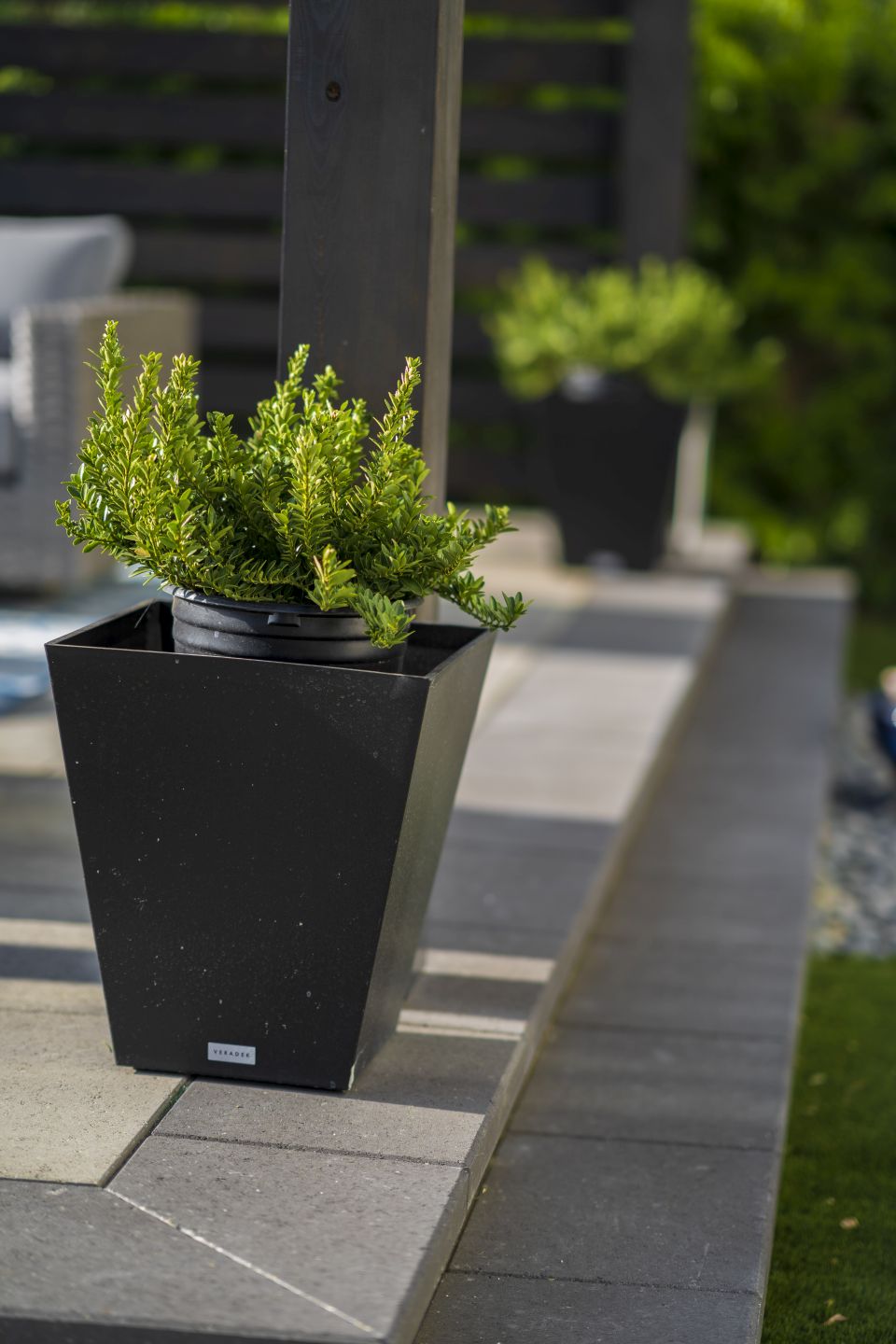
Immerse yourself in the serene world of Japanese gardens, where every element, from the subtle flow of water to the precise arrangement of rocks, aims to create a sense of tranquility and harmony with nature. Integrating an outdoor water feature like a Japanese fountain into your outdoor space not only adds a soothing ambiance but also connects you to a tradition that melds the aesthetic appeal of natural landscapes with a deep connection to the cultural heritage of Japan.
A Japanese fountain, often found within the tranquil settings of Japanese gardens, is more than just a decorative element; it is a representation of a sense of harmony between nature and the spiritual world. Rooted in centuries-old traditions, these fountains are integral to Japanese garden designJapanese garden design is a traditional style that emphasizes simplicity, natural beauty, and tranqu..., contributing to the garden's sense of tranquility, natural beauty, and philosophical underpinnings.
Japanese fountains are characterized by their minimalist design, natural materials, and the soothing sounds they produce. Unlike Western fountains, which might focus on grandiose displays of water, Japanese fountains prioritize subtlety and the symbolic meanings of water and stone. They often mimic natural water sources, such as springs or streams, and are designed to evoke the calming sound of flowing or dripping water, which is considered essential in creating a peaceful landscape design.
Japanese fountains typically embody the principles of Zen and the importance of a deep connection to nature. They are used not only for their aesthetic and visual appeal but also to enhance the serene and contemplative atmosphere of the garden. The elements of the fountain, from the arrangement of rocks to the flow of water, are carefully considered to promote a sense of peace, balance, and connection with the natural world.
Japanese fountains, integral to traditional Japanese garden design, are more than just decorative items; they symbolize purity, tranquility, and the continuous flow of life. Rooted in Japan's rich cultural heritage, these fountains blend natural beauty with a sense of serenity and aesthetic appeal. Here are some of the most notable types of Japanese fountains:
Traditionally found in Japanese tea gardens, the Tsukubai fountain is designed for ritual cleansing before the tea ceremony. These fountains are usually made from a stone basin (chozubachi) set low to the ground, encouraging a posture of humility. The gentle flow of water into the basin invites a sense of calm and reflection. Tsukubai fountains often incorporate bambooBamboo is a fast-growing, sustainable material often used in landscaping for fencing, decking, and g... spouts, adding a natural element to the water feature.
The Shishi-odoshi, or "deer scarer," is another unique Japanese fountain, originally designed to frighten away animals that might graze on garden plants. It consists of a bamboo tube that fills with water until it tips over, striking a rock or hard surface below, creating a distinct sound. The rhythmic sound contributes to the tranquil atmosphere of the garden while adding a sense of movement and a touch of the unexpected.
A Kakei is a more structured type of Japanese fountain, typically featuring a series of bamboo pipes that guide water from a source, often hidden, to a stone basin or series of basins. This type of fountain emphasizes the natural beauty and sound of flowing water, creating a serene ambiance in the garden. The Kakei showcases the Japanese aesthetic of clean lines and the harmonious blend of natural elements.
Less visible but equally enchanting is the Suikinkutsu, or "water koto cave," a type of fountain that creates music-like sounds from water dripping into an underground resonating chamber. Often found alongside Tsukubai fountains, the Suikinkutsu adds an auditory layer to the garden's tranquility, offering a hidden source of natural melody that enhances the sense of mystery and wonder.
The Taki or waterfall fountain represents the larger bodies of water found in natural landscapes. These can range from small, cascading streams to larger, more dramatic waterfalls, integrated into the garden's topography. Taki fountains symbolize the continuous cycle of life and nature's enduring presence, adding a dynamic visual and auditory element to the garden space.
Inspired by the concept of a mystical, faraway land (Horai), these fountains are designed to represent an idealized view of nature and paradise. They often feature arrangements of rocks and water basins set within a carefully curated landscape, embodying a dreamlike and utopian aspect of Japanese philosophy and art.
While not strictly a type on its own, bamboo is a common material used in Japanese fountains, celebrated for its versatility and aesthetic appeal. Bamboo fountains can vary in design from simple spouts to complex arrangements, all utilizing the natural properties of bamboo to enhance the garden's visual beauty and sense of peace.
To enhance the sense of tranquility and connection to nature, include native plantsNative plants are species that naturally occur in a specific region or ecosystem without human intro... and organic materials in your Japanese garden design. The use of earthy tones, natural stones, and plants like bamboo or ferns can create a natural landscape that complements the water featuresWater features, such as ponds, fountains, and waterfalls, are popular additions to residential and c... and stone elements, contributing to the overall sense of harmony and visual beauty.
Working with a skilled hardscape contractor from West Hills Masonry, is crucial for bringing the authentic and delicate balance of a Japanese fountain into your outdoor space. These professionals play a crucial role in understanding the key components and cultural nuances of Japanese garden design, ensuring that your outdoor water feature serves as a key element in creating a peaceful atmosphere and a sense of balance in your garden.
Are you inspired to infuse your garden with the timeless beauty of a Japanese fountain? West Hills Masonry can help you create an outdoor space that embodies the sense of serenity, aesthetic appeal, and deep connection with nature found in traditional Japanese gardens. Contact our hardscape contractors today to start crafting your tranquil outdoor oasis, infused with cultural heritage and natural elegance.
 Carlos Gonzales
Carlos GonzalesLocations We Serve
Schedule A Consultation